Sudden Draining of Glacial Lakes Explained
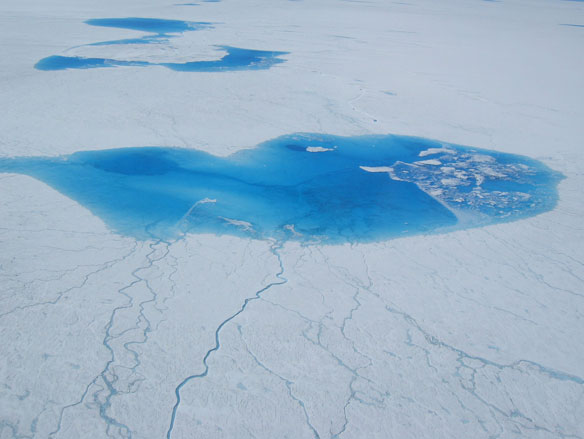
In 2008 scientists from WHOI and the University of Washington documented for the first time how the icy bottoms of lakes atop the Greenland Ice Sheet can crack open suddenly—draining the lakes completely within hours and sending torrents of water to the base of the ice sheet thousands of feet below. Now they have found a surprising mechanism that triggers the cracks.
Hybrid Ships Will Soon Be on the Market

Hybrid cars have been a success. The shipping industry is now moving in the same green direction.
Baked Alaska
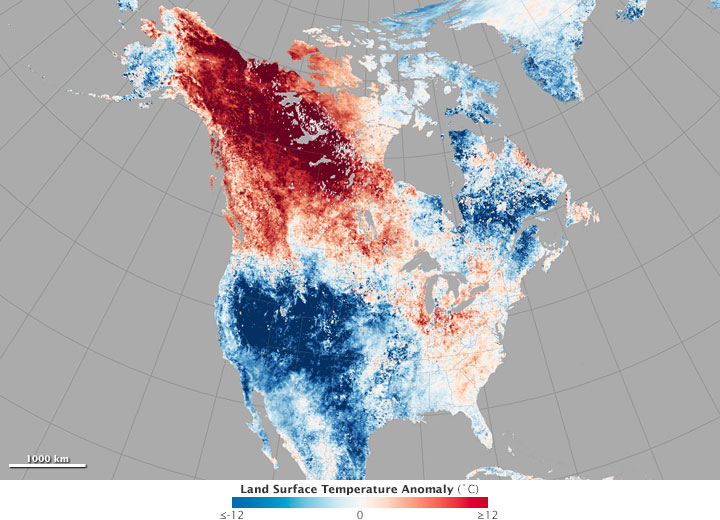
In the third week of May, it was warmer in Fairbanks, Alaska, than in Washington, D.C. In what has become a frequent occurrence in the past few years, temperature profiles in North America appeared to be upside down.
Potential of Seagrass to Combat Climate Change
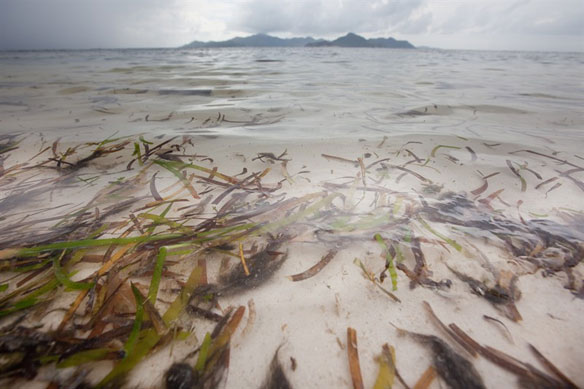
Seagrass ecosystems could play a key role in combating climate change, researchers have discovered. However, due to their shallow coastal habitat the aquatic plant is particularly prone to human disturbance – globally 24 per cent of seagrass species are now classified as threatened or near threatened.
Sudden and Rapid Ice Loss Discovered in Antarctica

Scientists have observed a sudden increase of ice loss in a previously stable region of Antarctica. This makes the region the second largest contributor to sea level rise in Antarctica and the ice loss shows no sign of waning.
Sea Level is Rising Fast – And It Seems to be Speeding Up
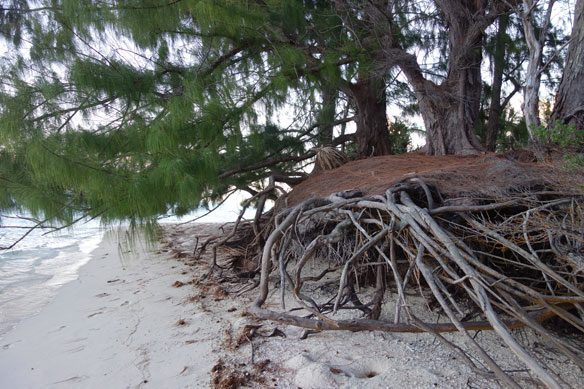
Many observations have shown that sea level rose steadily over the 20th century – and at a faster rate than over the previous centuries. It is also clear from both satellite and coastal observations that seas have risen faster over the past two decades than they did for the bulk of the 20th century.
Climate Scientists Find Warming in Higher Atmosphere
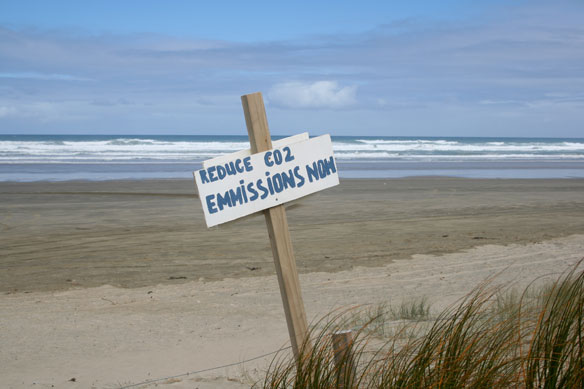
Updated data and better analysis methods have found clear indications of warming in the upper troposphere and a 10 percent increase in winds over the Southern Ocean. The inability to detect this hotspot previously has been used by those who doubt human-made global warming to suggest climate change is not occurring as a result of increasing carbon dioxide emissions.
Fossil Fuels Subsidised by $10m a Minute, Says IMF
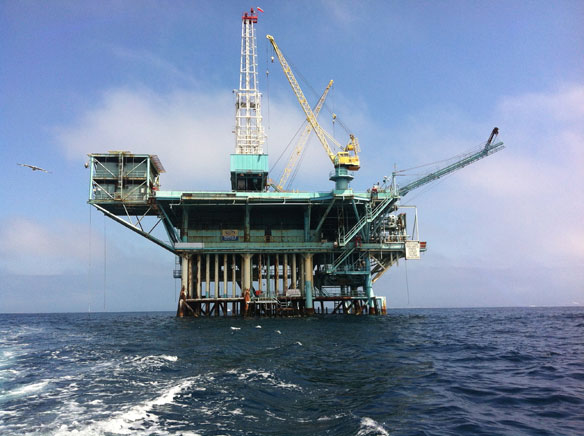
Fossil fuel companies are benefitting from global subsidies of $5.3tn a year, equivalent to $10m a minute every day, according to a startling new estimate by the International Monetary Fund. The IMF calls the revelation “shocking” and says the figure is an “extremely robust” estimate of the true cost of fossil fuels.
NASA Study Shows Antarctica’s Larsen B Ice Shelf Nearing Its Final Act
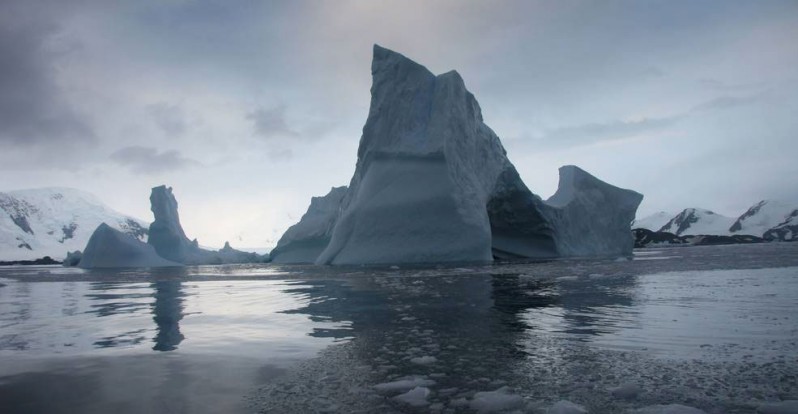
A new NASA study finds the last remaining section of Antarctica’s Larsen B Ice Shelf, which partially collapsed in 2002, is quickly weakening and likely to disintegrate completely before the end of the decade.
